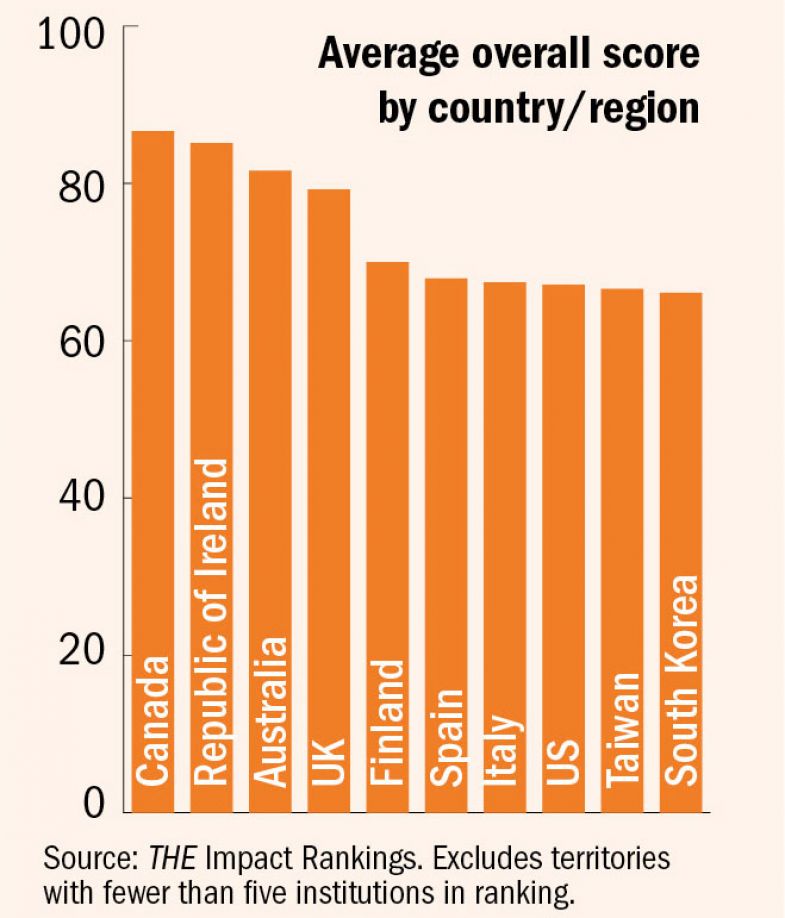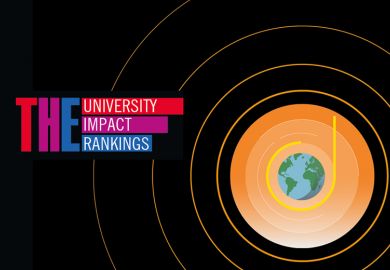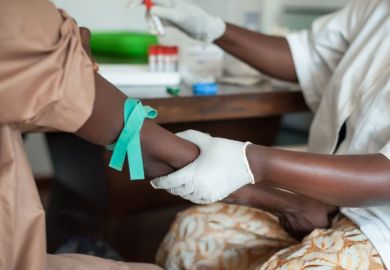View the full results of the overall University Impact Rankings 2019
Universities in Canada are the highest performing institutions on average in a new Times Higher Education ranking focusing on universities’ social and economic impact.
Institutions in the North American country received an average total score of 86.6 out of 100 in the overall THE University Impact Rankings, mainly driven by their strength in good health and well-being, sustainable cities and communities, climate action, and partnerships for the United Nations’ Sustainable Development Goals (SDGs).
The Republic of Ireland and Australia were the next top-performing nations, with average overall scores of 85.1 and 81.6 respectively. The analysis excluded nations with fewer than five universities in the ranking, which is based on the SDGs.
When it comes to overall representation, Japan tops the list with 41 ranked institutions. The US has 31, while Russia has 30.
Patrick Deane, president of McMaster University, said that Canada “has a real cultural openness where universities are willing to share and work together”.
“Plus we are a diverse country and that has always helped to focus our interest in international development and research partnerships around the globe,” he said.

Livia Bizikova, director of knowledge for integrated decisions at the Winnipeg-based International Institute for Sustainable Development and an expert on SDG initiatives in Canada, said that many health science degree programmes in the country were interdisciplinary and “speak to the core of the SDG” on good health and well-being, while there has been an “increase in research on cities in Canadian universities”, including studies on social housing and green and environmental issues.
However, she said that while the SDGs were “being integrated into the curriculum” and research, they are “still fairly new to guide a restructuring in the university system”.
She said that universities must align their current efforts and structures with the SDGs in the first instance and then “focus on taking a multidisciplinary approach to address the integrated nature of SDGs in a way that policies and actions can be identified”.
Irish universities generally perform well on good health and well-being, sustainable cities and communities and partnerships for the goals, while University College Cork tops the table on responsible consumption and production.
Ireland’s former ambassador to the UN, David Donoghue, co-facilitated the negotiating process that led to the development of the SDGs, along with his Kenyan counterpart Macharia Kamau.
Earlier this year, the Irish government announced that it would select a number of “SDG champions” that could “inspire others to contribute in whatever way they can to Ireland’s achievement of the goals”.
Patrick Paul Walsh, professor of international development studies at University College Dublin and senior adviser to the UN Sustainable Development Solutions Network, said that the Irish government was initially “a little slow at engaging with the goals” but is now making good progress, adding that Mr Donoghue’s role in their creation gave Ireland “ownership” but also a “responsibility to do something about them in a way that other nations may not have”.
He said that Irish universities have a long history of knowledge transfer, including bringing research into government to change policy and into the private sector to improve society.
“There’s a lot more of that in Ireland than I have seen in other universities across Europe and America in particular,” he said.
He added that all the research funding agencies in Ireland have indicated that they will select global challenges and the SDGs as the backdrop to their next round of funding, which has been “a really big driver in change” at universities.
Taiwan is ninth in the list of top performers by average overall score, with particular strength in good health and well-being, quality education and peace, justice and strong institutions.
Tzu-Chau Chang, professor at the Graduate Institute of Environmental Education at National Taiwan Normal University, said that Taiwan’s education and technology ministries were “actively responding” to the SDGs and universities were “expected to play an active role in promoting and implementing” the goals.
However, she said that the island’s work on these areas had mainly focused on “Taiwanese people’s needs”. Taiwan’s “global responsibility to prevent hunger, injustice, and unbalanced development should be infused into school education, public global awareness, and governance”, she said.
POSTSCRIPT:
Print headline: Canada, Ireland and Australia lead the way
Register to continue
Why register?
- Registration is free and only takes a moment
- Once registered, you can read 3 articles a month
- Sign up for our newsletter
Subscribe
Or subscribe for unlimited access to:
- Unlimited access to news, views, insights & reviews
- Digital editions
- Digital access to THE’s university and college rankings analysis
Already registered or a current subscriber? Login







